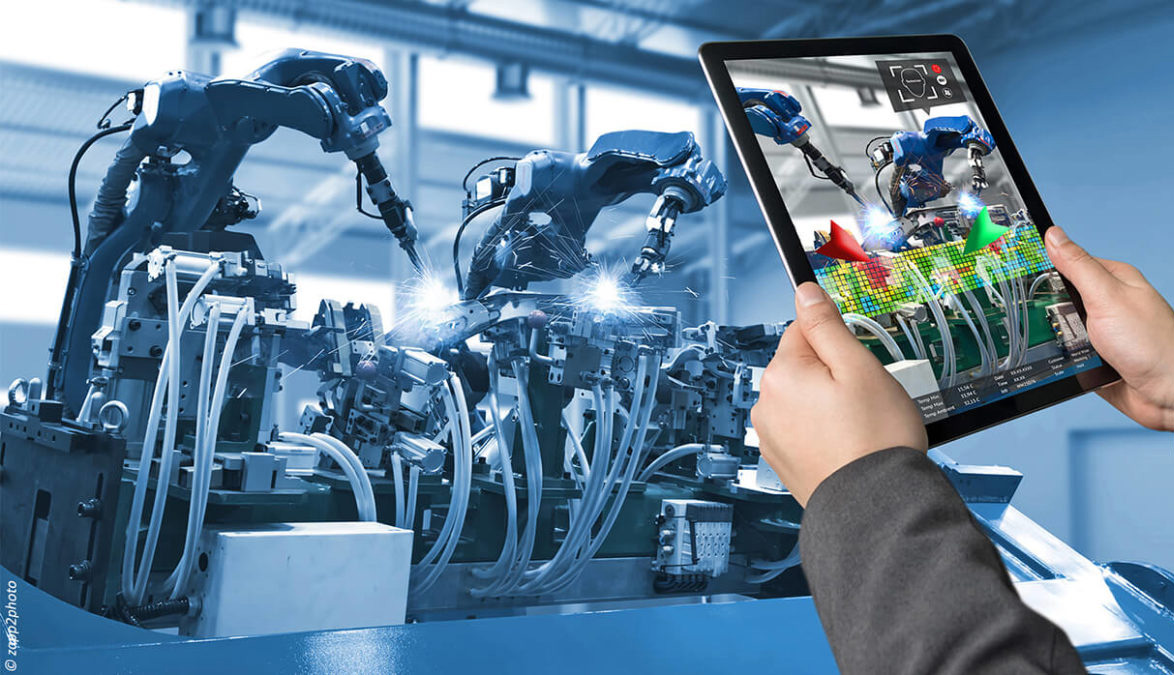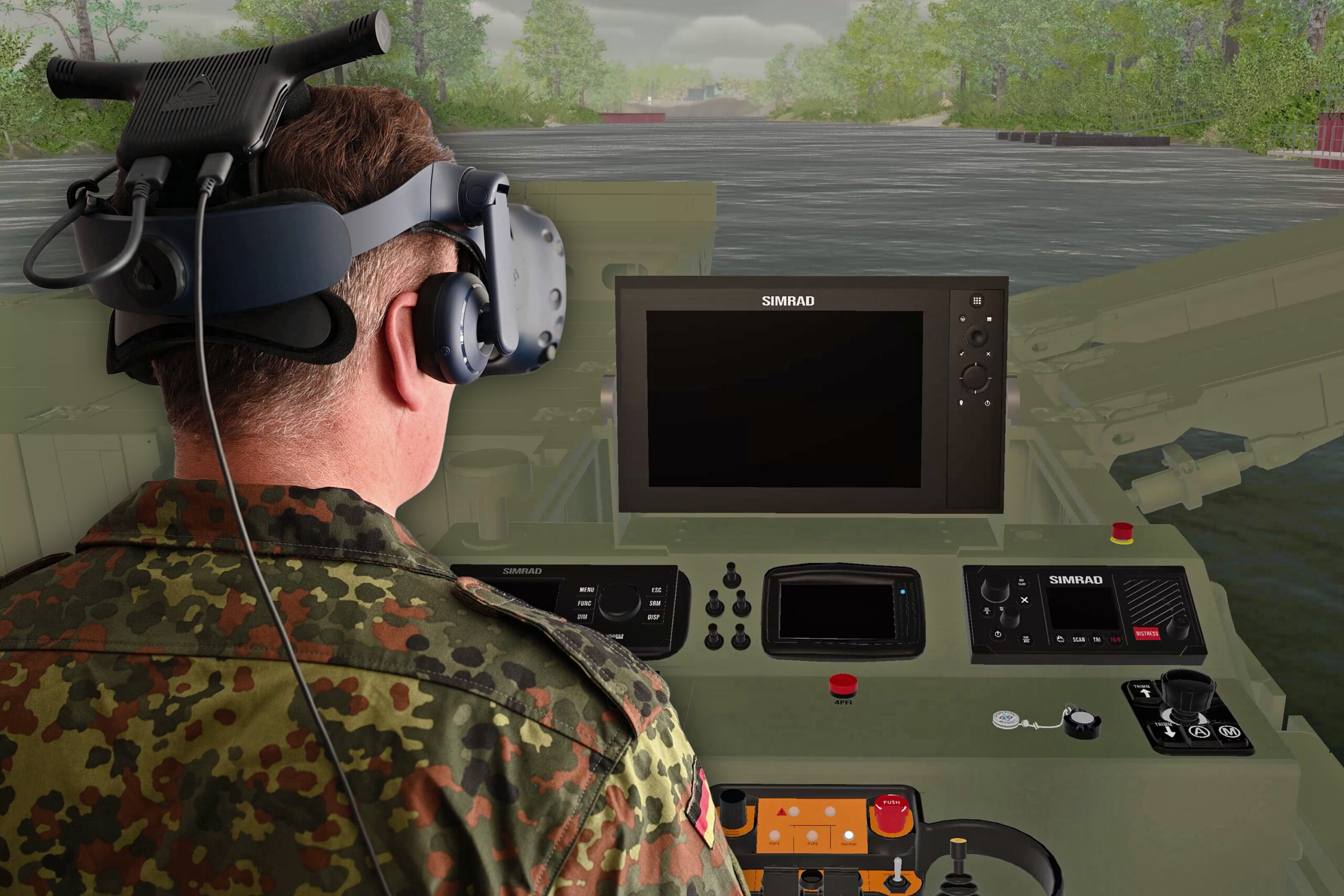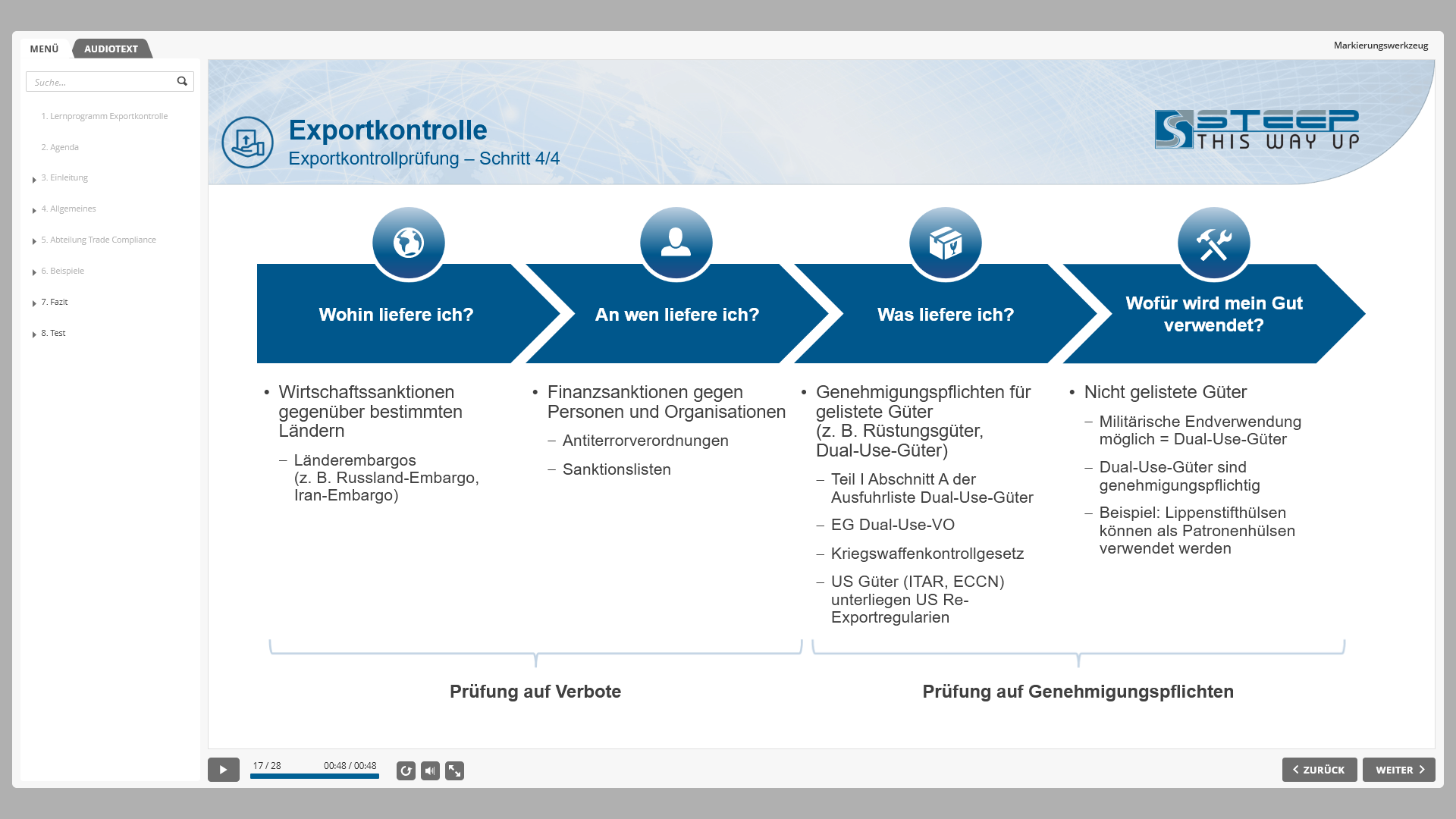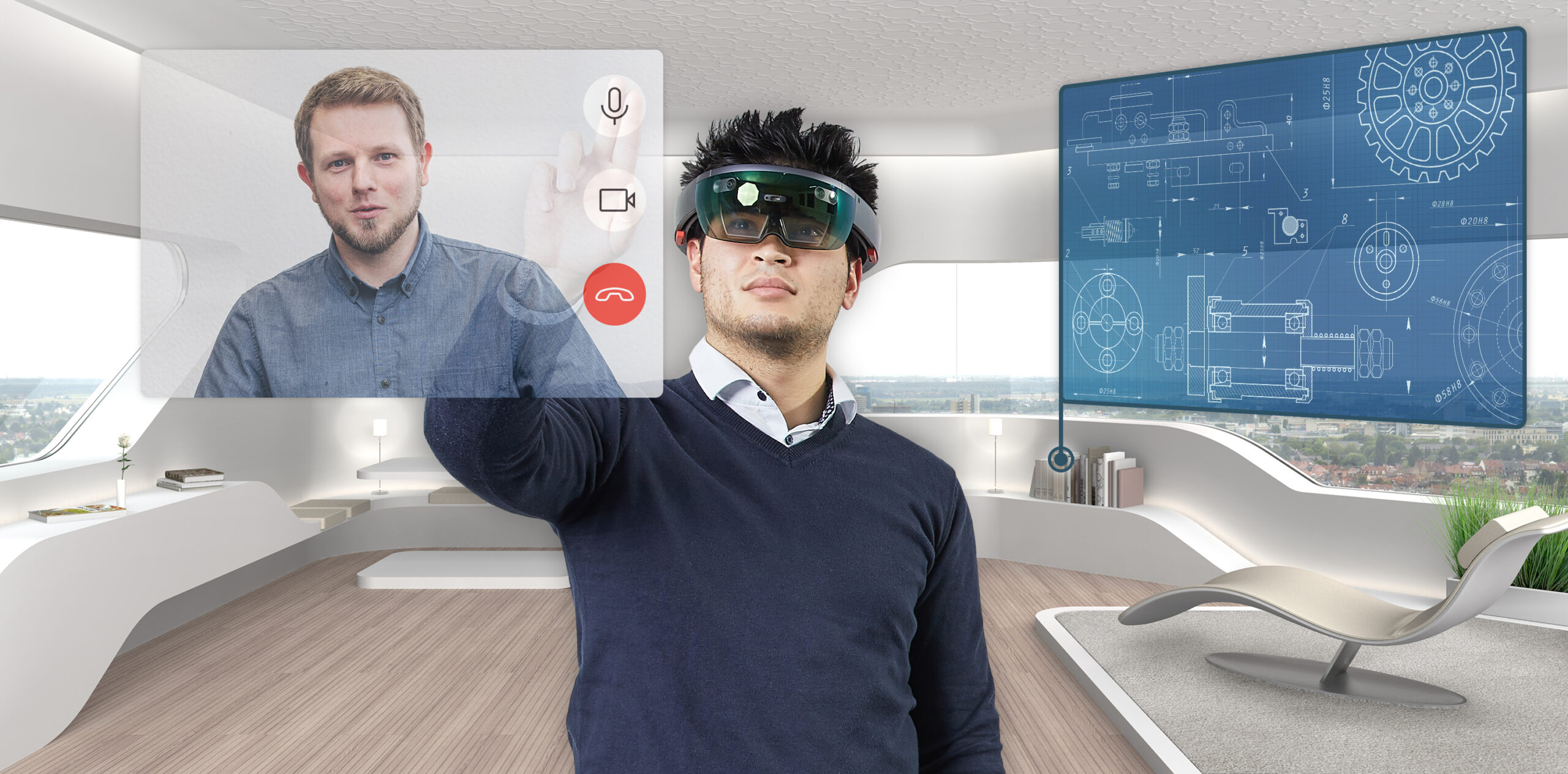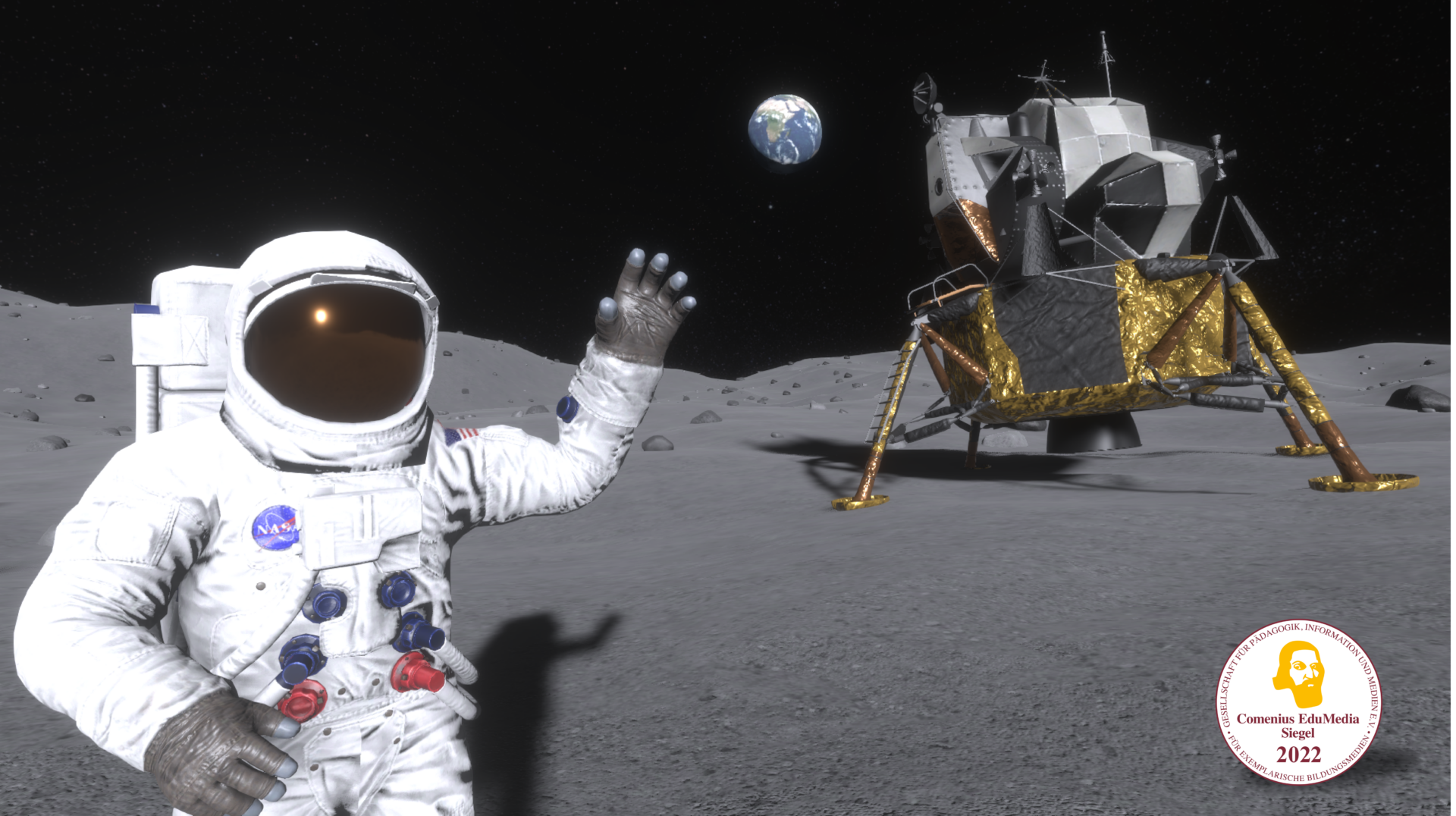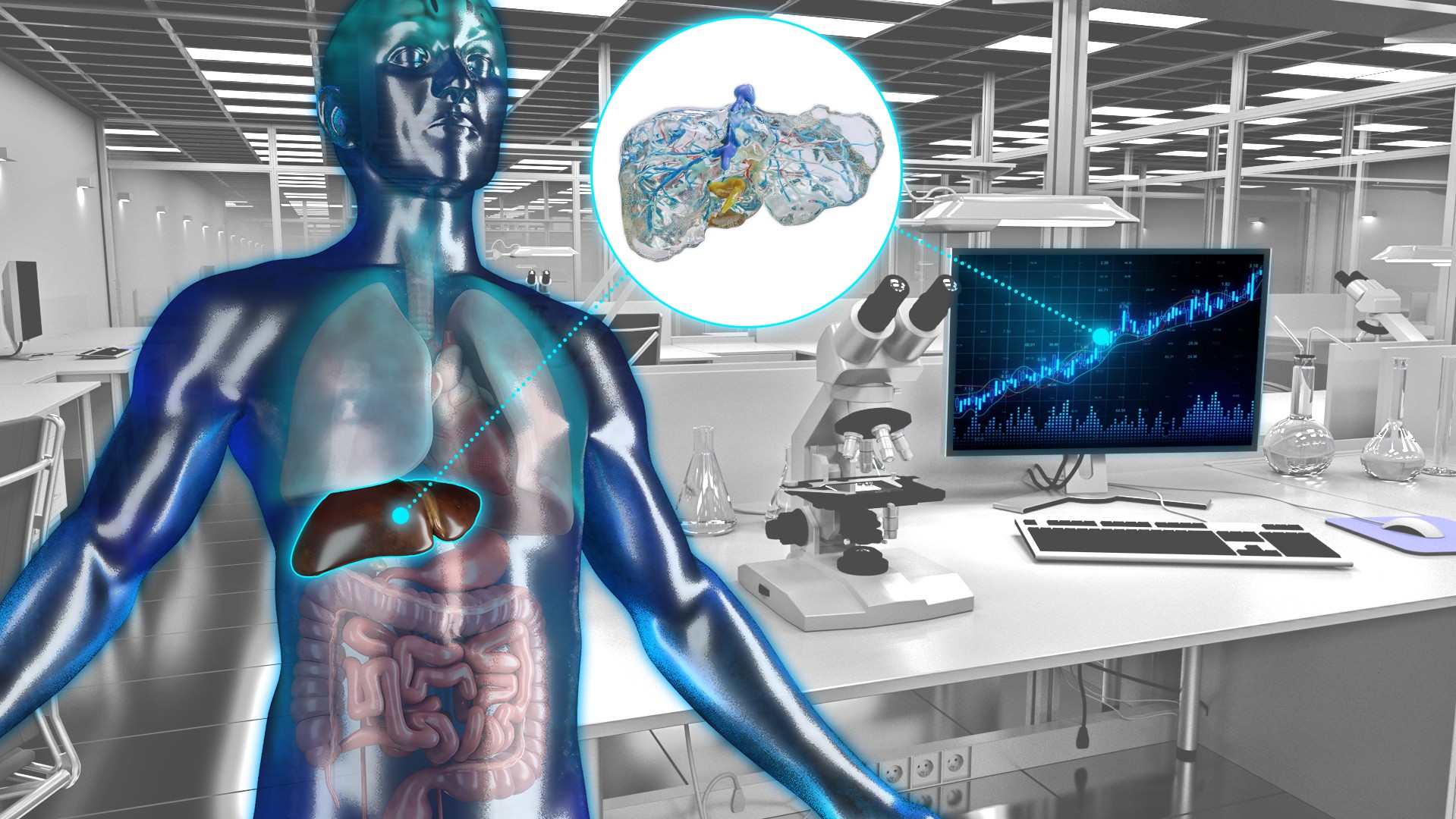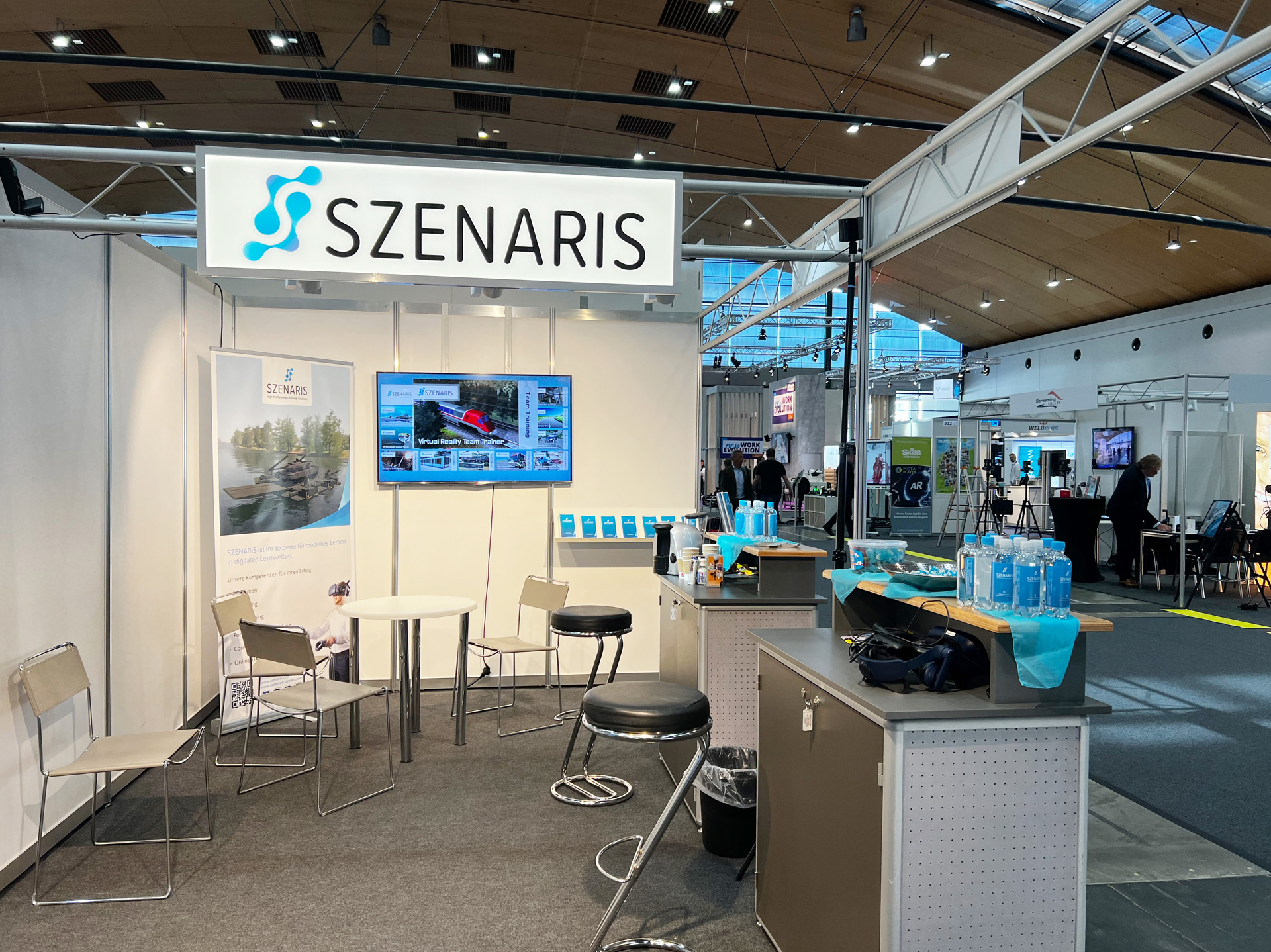VR, AR, MR: What Can Extended Reality Technologies Contribute to Learning Success?
Digital training systems can offer real added value for learning processes. On the one hand, if they enable the learnt material to be applied in a virtual environment that is as close to reality as possible. On the other hand, however, they can also add virtual aspects to the reality of the learner. These possibilities are also summarised under the collective term Extended Reality (XR). The term is a placeholder for already existing technologies, such as virtual, mixed and augmented reality applications, but is also open for all future developments in this field. No matter whether it is education, training or further education – XR technologies can be used to make learning experiences more efficient and sustainable.
Virtual Reality (VR), i.e. computer simulations displayed through virtual reality glasses, enable “immersion” in a simulation. The virtual environment and one’s own interaction with it are perceived as very realistic, whereby, for example, learned action steps can be implemented in reality in almost the same way. However, VR simulations can also be used to visualize complex situations that are difficult or impossible to represent in reality. VR is therefore suitable for training the operation of technical devices and systems, for example, because these no longer have to be available in reality. Also operating errors, for example, cannot cause damage to the equipment and cannot endanger people or the environment.
The enriched or Augmented Reality (AR) is a computer-based extension of reality. Augmented Reality refers to supplementing the perceived reality by fading in additional information such as texts, images, voice output or virtual objects. Smartphones or augmented reality glasses can be used as display devices. The strengths of AR become apparent in assembly and maintenance processes, for example, where individual workssteps can be displayed on the real device.
Mixed Reality (MR) represents a mixed form. Although the term is not completely clearly defined, MR generally refers to all systems in which the position of the learner in the real world is captured and transferred to a virtual world, enabling for example to learn how to operate equipment or carry out work in virtual production facilities.
As specialists for digital forms of learning, we at SZENARIS follow the current developments in this field with great interest, in order to be able to offer our clients innovative, efficient and tailor-made extended reality technologies. Take a look at our new website to see what possibilities learning with XR can offer you and your company.


